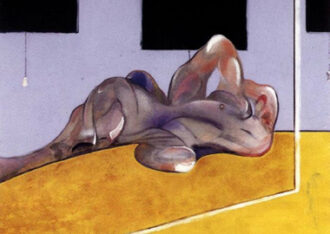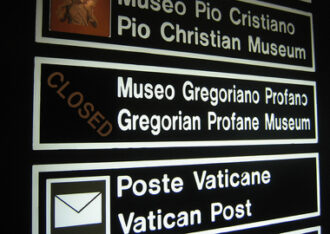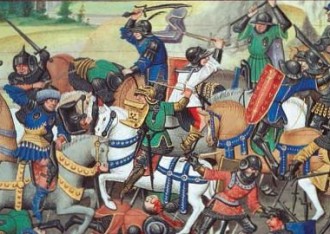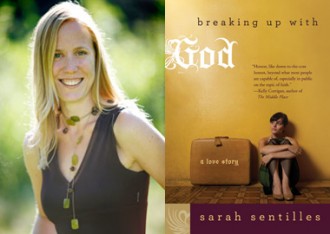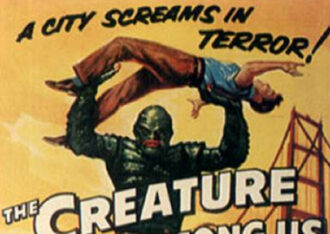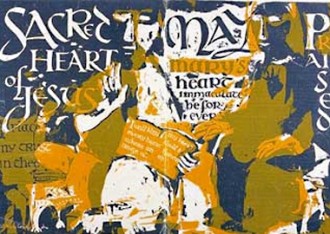What Do Islamophobes Have in Common with the Taliban?
“The Taliban and the Islamophobes have a very similar reading of Islam, and their political fates are in part dependent on this shared understanding of the religion. Those of us in the vast middle between these two extremes can take very concrete steps to end the divide between the West and Islam that exists nowhere more strongly than in the minds of these extremists. I offer three concrete recommendations at the end of Crusade 2.0.”
Read More

